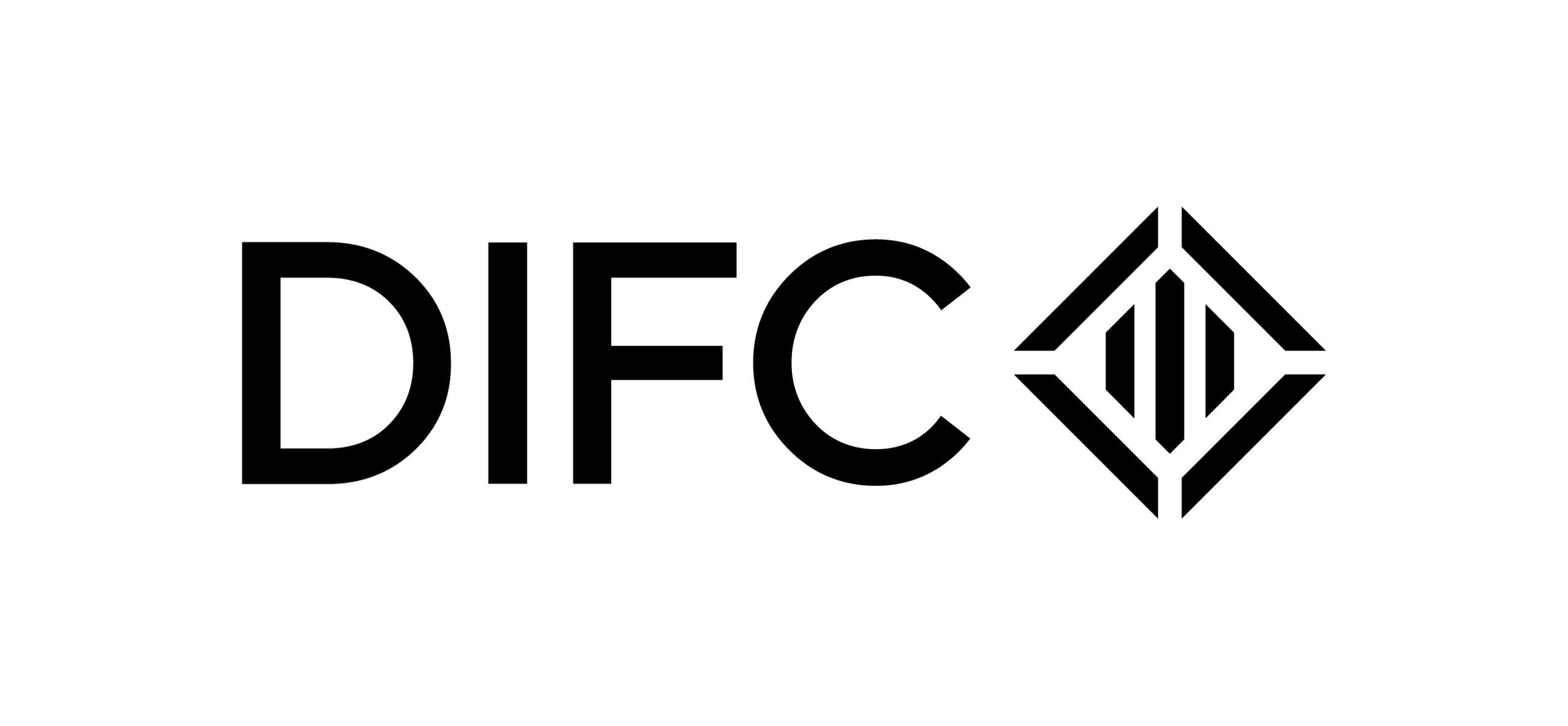
Inter-generational wealth transfer is rising in the Middle East, projected to exceed USD 1 trn by 2030. This wealth is largely concentrated within a single generation. However, preparedness for the unfolding transfer is lacking.
Across the region, nearly a quarter of High-Net-Worth Individuals (HNWIs) do not yet have an inheritance plan in place. Perceived complexity of estate planning is one of many burning concerns, with 53 per cent of families finding it too complicated and time-intensive.
Additionally, 73 per cent of wealth holders are unwilling to discuss comprehensive legacy planning. While many HNWIs believe their commercial entities are adequately structured for transition, the transfer of personal and investment assets presents distinct challenges. Existing wealth transfer processes face considerable strain – and may be altogether unfit for purpose.[1]
DIFC is the go-to partner for navigating this critical transition. A complete inheritance ecosystem, it offers education, advisory, regulation, and digital solutions to ensure long-term preservation – not just transition. Its world-leading legal infrastructure and wide range of strategic initiatives highlight that it is a jurisdiction where inheritance is taken seriously. And, in the current landscape, doing so has never been more important.
Current Challenges
Professionalisation of Gulf family offices. Rising complexity of global wealth structures. The changing complexion of expectations among the next generation when it comes to inheritance. These are just some of the ingredients in the salad of confusion that global HNWIs are presented with when it comes to succession planning.
The process of wealth transfer is marked by myriad impediments. During the asset accumulation phase, holdings are often dispersed across numerous accounts and multiple jurisdictions. According to recent research from DIFC, Julius Baer and Euroclear, managing a wealth transfer across varied legal and tax frameworks is considered a core problem by 84 per cent of those currently trying to achieve one. The composition of wealth has also diversified. Assets such as real estate, private company shares, art and collectibles and crypto-assets add layers of complexity.
Administering and preserving this inventory of assets presents further difficulties. Inefficient tracking of paper-based titles or complex investments can result in assets being overlooked or lost. Complex family structures may complicate asset allocation. Family disputes are also a factor, affecting nearly half of wealth transfers.
The transfer stage itself is often bogged down by legal and administrative issues Illiquid assets can incur significant transfer costs, and tax liabilities require specialised knowledge. Estates without clear instructions, or those subject to disputes, may face prolonged probate processes, which can last a year or more. Such delays lead to assets being inaccessible and generate considerable legal fees. It is estimated that approximately USD 49 bn may go unclaimed in the Middle East by 2030 due to these kinds of issues, with an additional USD 123 bn held up in probate for extended periods.
Modernising Inheritance: DIFC’s Ecosystem for Success
The scale of these challenges creates a significant opportunity for developing improved solutions. HNWIs are waiting agog for cutting edge inheritance ecosystems to step into the breach. The DIFC, with its established financial infrastructure and innovation initiatives, is positioned to support the development of such an ecosystem.
DIFC has already firmly established itself as the region’s foremost hub for family wealth management, attracting over 800 family-related entities. Among them are 120 of the world’s wealthiest families and individuals, with a collective net worth exceeding USD 1.2trn.[2] These families are leveraging DIFC’s sophisticated legal infrastructure – rooted in common law – to safeguard assets, plan for succession and achieve philanthropic aims within a jurisdiction renowned for its stability and regulatory rigour.
Central to DIFC’s growing appeal is its suite of strategic initiatives aimed at ensuring multi-generational success. The DIFC Family Wealth Centre (DFWC), a pioneering global institution, offers an integrated platform combining education, innovation, and expert advisory services. Complemented by the 2023 Family Arrangements Regulations, DFWC provides a robust framework for succession planning and wealth preservation. The ecosystem is further enriched by DIFC’s comprehensive suite of legal structures – ranging from single-family offices and holding companies to bespoke trusts and foundations – designed to meet the diverse and complex needs of modern family enterprises.
Critically, DFWC does not merely offer registration and structuring services – it provides education, networking, and advisory support. Families can find expert guidance on governance structures, attend workshops on legacy planning and connect with vetted professionals who can assist them with their every need. The centre underscores DIFC’s commitment to a holistic approach: governance and succession planning are top of the Centre’s agenda.
With an emphasis on privacy, flexibility, and legal certainty, DIFC is setting the benchmark for family wealth management in the Middle East and beyond. To learn more about DIFC’s leading role as the world’s comprehensive inheritance ecosystem and how you could benefit, download the report on this page.
[1] DIFC, Julius Baer, Euroclear, “Navigating the Future of Inheritance”.
[2] https://www.difc.com/whats-on/insights/preserving-inter-generational-wealth-in-an-evolving-global-landscape



